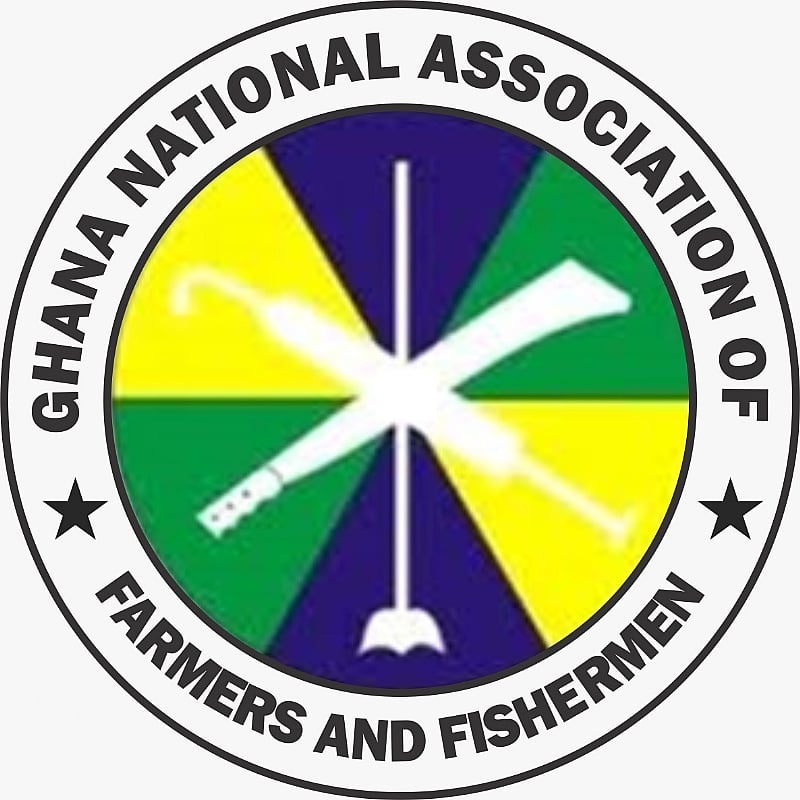Paragraph 1: GNAFF’s Commendation and the Significance of the Import Duty Waiver
The Ghana National Association of Farmers and Fishermen (GNAFF) has expressed profound gratitude to President John Dramani Mahama for his decisive action in implementing an import duty waiver on agricultural and agro-processing machinery. This policy shift is lauded as a pivotal moment for Ghana’s agricultural and fisheries sectors, addressing a long-standing need for affordable and efficient farming tools and equipment. The waiver is particularly timely, responding to the widespread call from farmers and fisherfolk for improved access to modern farming technologies. GNAFF believes this intervention will significantly contribute to the modernization and growth of these crucial sectors.
Paragraph 2: Impact on Production Costs, Productivity, and Value Addition
The removal of import duties on essential agricultural machinery, including tractors, harvesters, planters, irrigation systems, and agro-processing equipment, is expected to have a multifaceted positive impact. By reducing the initial investment costs for farmers, the waiver will lower overall production expenses, making farming operations more financially sustainable. Furthermore, access to modern machinery is projected to enhance productivity, allowing farmers to cultivate larger areas, increase yields, and improve the overall efficiency of their operations. The waiver is also expected to minimize post-harvest losses by enabling faster processing and preservation of agricultural products, thereby increasing the value addition within the sector.
Paragraph 3: Boosting the Agricultural Economy and Promoting Modernization
GNAFF views the import duty waiver as a catalyst for transforming Ghana’s agricultural landscape. By making advanced machinery more accessible, the policy encourages the modernization of farming practices, attracting younger generations to the agricultural sector and fostering innovation. The improved profitability and efficiency resulting from the waiver are expected to attract increased private sector investment, further driving growth and development within the agricultural economy. This modernization drive has the potential to create a more vibrant and sustainable agricultural sector, contributing significantly to Ghana’s overall economic development.
Paragraph 4: Strengthening Food Security, Rural Livelihoods, and Market Competitiveness
The anticipated increase in agricultural production and efficiency resulting from the import duty waiver is directly linked to strengthening food security within Ghana. By enabling farmers to produce more food, the policy aims to ensure a stable and reliable food supply for the nation. This increased productivity will also contribute to improved rural livelihoods by creating more employment opportunities and increasing income generation for farmers and their communities. Furthermore, the enhanced quality and efficiency within the agricultural sector will boost Ghana’s competitiveness in both local and international markets, allowing the country to tap into new export opportunities and strengthen its position in the global agricultural trade.
Paragraph 5: Strategic Initiatives: Mechanization Centers and the GRATIS Foundation
The government’s commitment to supporting farmers at the grassroots level is evident in the establishment of 11 agricultural mechanization service centers equipped with over 600 machines under the Ministry of Food and Agriculture. These centers will ensure that the benefits of the import duty waiver extend beyond importers to reach smallholder farmers who may not be able to afford individual machinery purchases. The revitalization of the GRATIS Foundation, focusing on promoting local fabrication of agricultural machinery, further complements this strategy. This initiative aims to foster self-reliance within the agricultural sector, creating jobs and building local capacity for machinery production and maintenance, reducing dependence on imported equipment.
Paragraph 6: GNAFF’s Role and Commitment to Sustainable Agricultural Development
Established in 1992, GNAFF serves as the representative voice of Ghana’s farmers and fisherfolk. The organization is dedicated to advocating for the welfare and sustainable development of the agricultural and fisheries sectors across all regions of Ghana. GNAFF’s commendation of the import duty waiver reflects its commitment to policies that advance the modernization, efficiency, and overall prosperity of these vital sectors. The association believes that this policy is a significant step towards achieving a more robust and sustainable agricultural landscape, contributing to food security, economic growth, and improved livelihoods for farming communities throughout Ghana.


